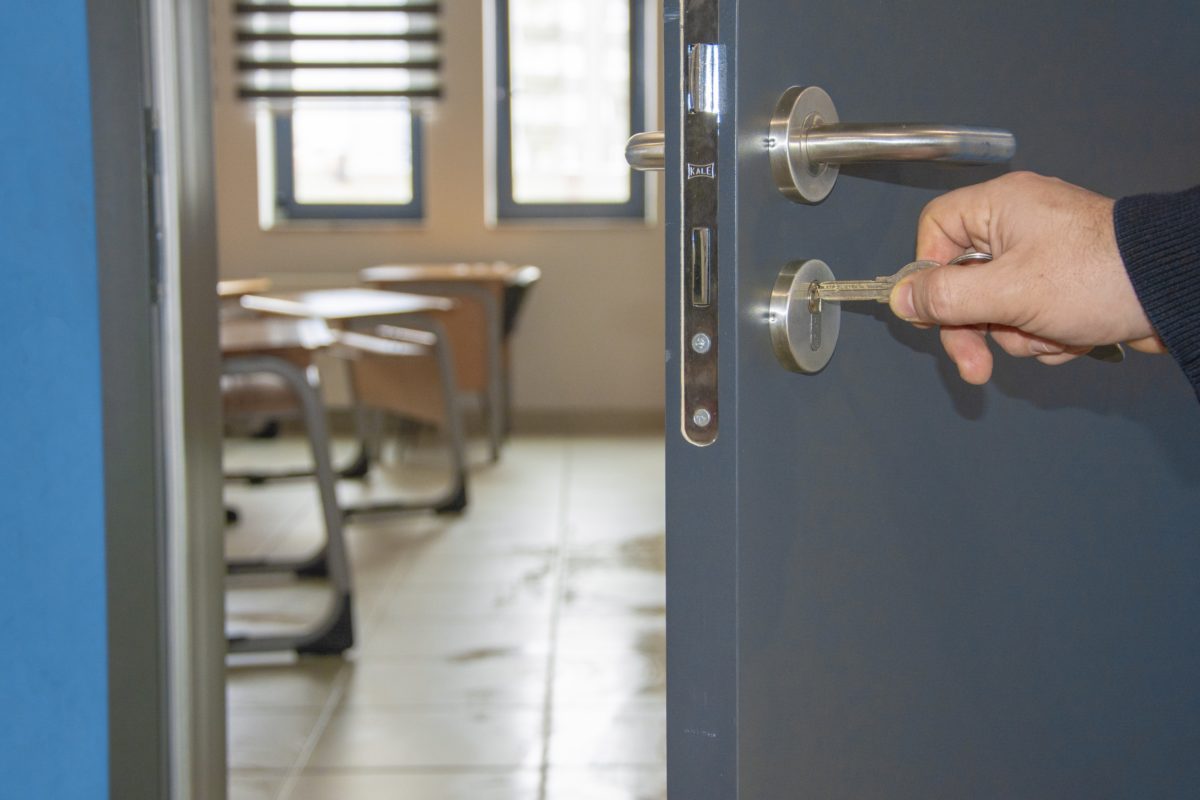
Reopen Schools State by State
What’s good for one state may not be good for the next. Authority over schools rests with governors. They should decide when schools open in their states. For example, Alaska, having the least amount of coronavirus cases is not comparable to the hot bed of New York, even though both Alaska and New York have shut down schools for the rest of the year. On Tuesday, President Trump publicized an “Opening the Country” council, which will provide counsel regarding social distancing efforts moving forward. Participants include hundreds of leaders from business, technology, health care, agriculture, and sports. Yet no one from education in on the council. This is a mistake. An educational leader from each state should be included Read More ›









